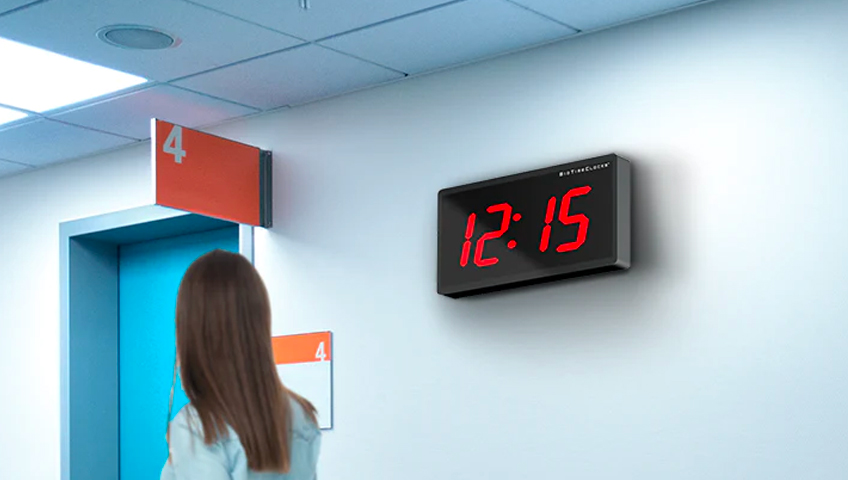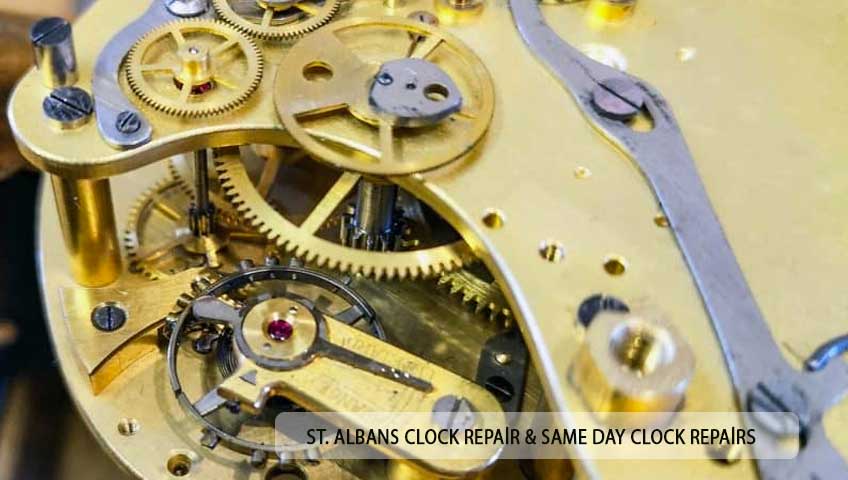Hospitals often choose to utilize digital clocks for several reasons, considering the critical and time-sensitive nature of healthcare environments. Here are some key reasons why digital clocks are commonly used in hospitals:
Digital clocks provide accurate and precise timekeeping, which is crucial in a healthcare setting where synchronization and coordination of activities are essential. Accurate timekeeping is crucial for medical procedures, medication administration, and patient care.
Digital clocks with large, clear displays offer easy readability, ensuring that healthcare professionals, staff, and patients can quickly and accurately read the time from a distance or in varying lighting conditions.
Digital clocks can be synchronized with a centralized timekeeping system. This synchronization ensures that all clocks throughout the hospital display the same time, facilitating coordination among different departments and staff.
Digital clocks can be integrated into hospital communication and information systems. This integration allows for synchronization with other time-dependent systems, such as electronic medical records, scheduling software, and communication systems, ensuring that events and activities occur at the right time.
Some digital clocks come with additional features like countdown timers, alarms, and stopwatch functions. These features are useful in healthcare for managing timed procedures, monitoring patient vitals, and ensuring timely responses in emergency situations.
Digital clocks are often designed to be durable and require less maintenance compared to traditional analog clocks. In a hospital setting with a focus on patient care and operational efficiency, low-maintenance timekeeping solutions are preferred.
In emergency situations, having clear and easily readable time displays is crucial for quick decision-making and response. Digital clocks can be integrated into emergency notification systems, providing accurate timestamps during critical events.
Digital clocks are accessible and legible for individuals with visual impairments. The high-contrast and large digital displays contribute to better visibility, ensuring that time information is accessible to everyone in the hospital environment.
Modern digital clocks often come with energy-efficient features, such as automatic dimming or the ability to turn off during non-operational hours. This aligns with hospitals’ efforts to promote energy conservation and sustainability.
In summary, the use of digital clocks in hospitals is driven by the need for accurate timekeeping, easy readability, synchronization with other systems, and features that enhance coordination and efficiency in a healthcare environment.
Digital Clocks and Simple Upkeep
Like every other kind of machine, digital clocks must be dependable. One issue that offers digital clocks an edge over their analog ancestors is there are not any fingers that put on out over time, so your upkeep personnel do not have to fret about time consuming repairs. If run from a wi-fi controller, digital clocks routinely reset within the occasion of an influence outage. Different benefits of a wi-fi clock setting embrace an automated reset for Daylight Financial savings Time, and no batteries to vary.
So if maintaining individuals on-time and centered on deadlines is a precedence, observe the lead of many hospitals, faculties and schools by putting in a system of synchronized, digital clocks.





